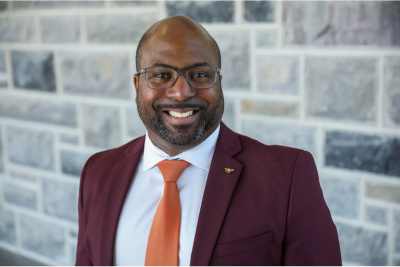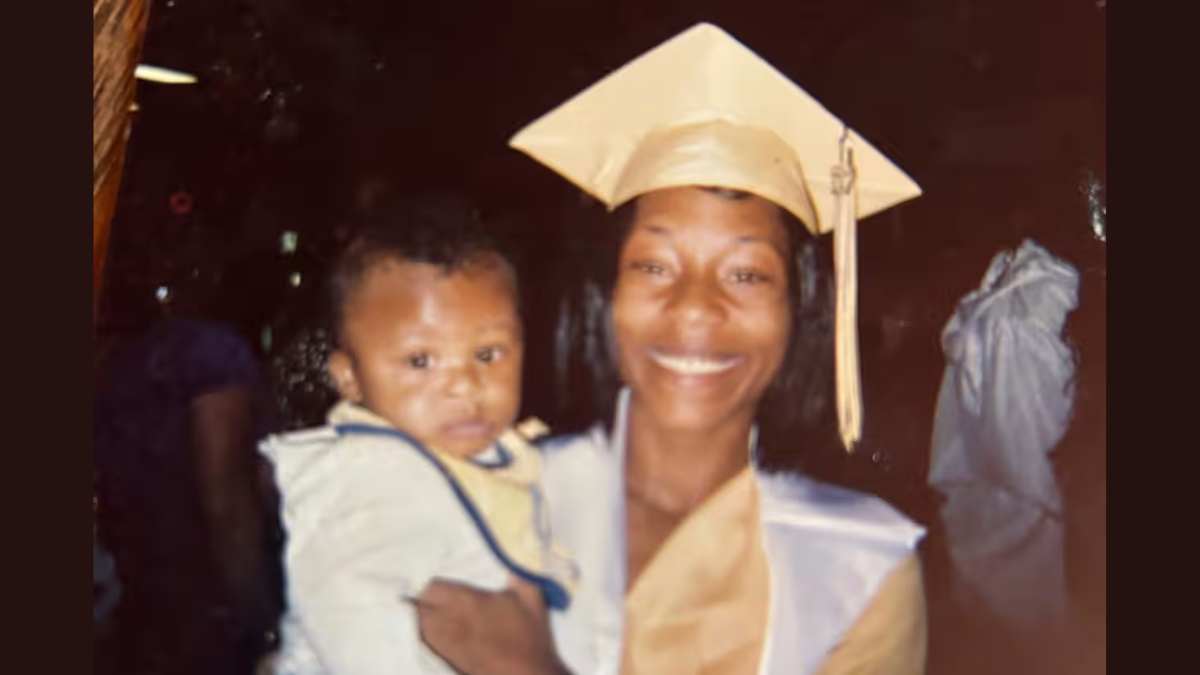By Dr. James S. Bridgeforth, Ph.D.
On July 6, 2024, Sonya Massey, a 36-year-old mother known for her boundless love, was brutally taken from us.
Her life was extinguished in an act of violence that defies understanding—shot in the face by an Illinois police officer. The details of her death are gruesome: a bullet entered her left eye and exited through her neck killing Ms. Massey.
This was not just an act of violence; it was a stark reminder of an ongoing and unforgivable injustice of innocent African Americans murdered by police.
Sonya Massey’s death is not an isolated tragedy but part of a grievous pattern. Another name added to the list of innocent African American victims killed by police—George Floyd, Michael Brown, Breonna Taylor, Philando Castile, Daunte Wright, Andre Hill, Manuel Ellis, Tanisha Anderson and so many others—that echoes with a chilling consistency that continues to haunt the Black community.
Al Jazeera’s article, “Know Their Names: Black People Killed By The Police In The US,” chronicles the heart-wrenching reality that these are not mere statistics, but real lives lost to systemic failings.
As each name is read, our shared grief deepens.
Our collective sorrow must be matched with a resolute demand for change. The pain of Sonya Massey’s death reverberates deeply because it reflects a larger and ongoing crisis. Historically, the role of police in America has included not just protection, but oppression—an uncomfortable truth that stretches back to the era of lynchings and brutality against African Americans, which was a prominent hallmark of the 1960’s. While not all police officers are complicit in these injustices, the persistent repetition of violence against Black individuals cannot be ignored.
A recent report from USA Today highlighted that 2023 was the deadliest year for police killings. This crisis affects people of all races, but the disproportionate impact on African Americans is glaring. The reality is that this is not a problem we can solve in isolation. It requires the concerted effort of every race, gender, ethnicity, religion and background to address the root causes and systemic issues.
Imagine the outcry if white individuals were subjected to such violence at the same rate that African Americans have endured by police. If white lives were taken with the same frequency and brutality, the demand for reform would be immediate and undeniable. The disparity is not just a matter of numbers but of human decency and empathy.
Sonya Massey’s death serves as an agonizing reminder of the urgent need for police reform. This is not a call to defund the police but to fundamentally rethink and reshape how law enforcement operates. Officers must be trained to understand and respect the diverse communities they serve, to distinguish between individuals in crisis and those involved in criminal activities, and to act with empathy rather than fear.
We owe it to Sonya and the countless others who have suffered to demand a system where calling the police does not come with the risk of losing one’s life. It is not merely a question of policy but of moral urgency. The time for action is now—before more lives are cut short and more families are left in mourning.
Sonya Massey should be alive today. Her death is a sobering reminder of the work that remains. We must honor her memory not with mere words but with tangible, meaningful change.
About the Author

Dr. James S. Bridgeforth is a passionate advocate for justice and equality whose academic journey reflects a profound commitment to these ideals. With a bachelor’s degree in Sociology from Catawba College, Dr. Bridgeforth began his quest to understand and address systemic inequalities. He furthered his expertise with a master’s degree in Higher Education Administration from The University of Massachusetts-Amherst, followed by a Ph.D. in Higher Education Administration and Institutional Research from The University of Southern Mississippi.
Beyond his impressive academic credentials, Dr. Bridgeforth is deeply involved in organizations dedicated to empowerment and community service, including Alpha Phi Alpha Fraternity, Inc. and 100 Black Men of America. His columns provide insightful commentary on equal opportunity, social justice, economic equity, and higher education, driven by a sincere desire to amplify voices and champion the causes of those often marginalized.
Through his writing, Dr. Bridgeforth brings a blend of scholarly rigor and heartfelt advocacy, aiming to inspire change and foster a more just society for all.



